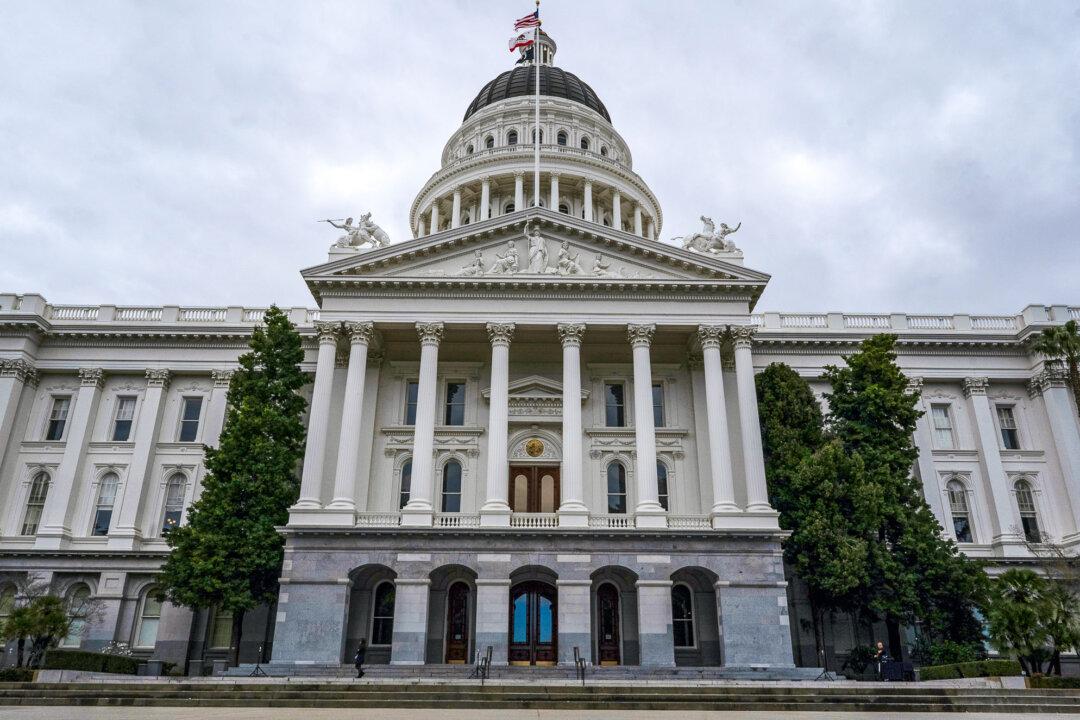With California facing a $68 billion budget deficit, local governments are preparing to re-evaluate their spending, anticipating funding cuts from state agencies.
Part of the issue is expected tax revenue was far less than anticipated, which could deepen the deficit to $155 billion by 2025, the state’s Legislative Analyst reported earlier this month.





